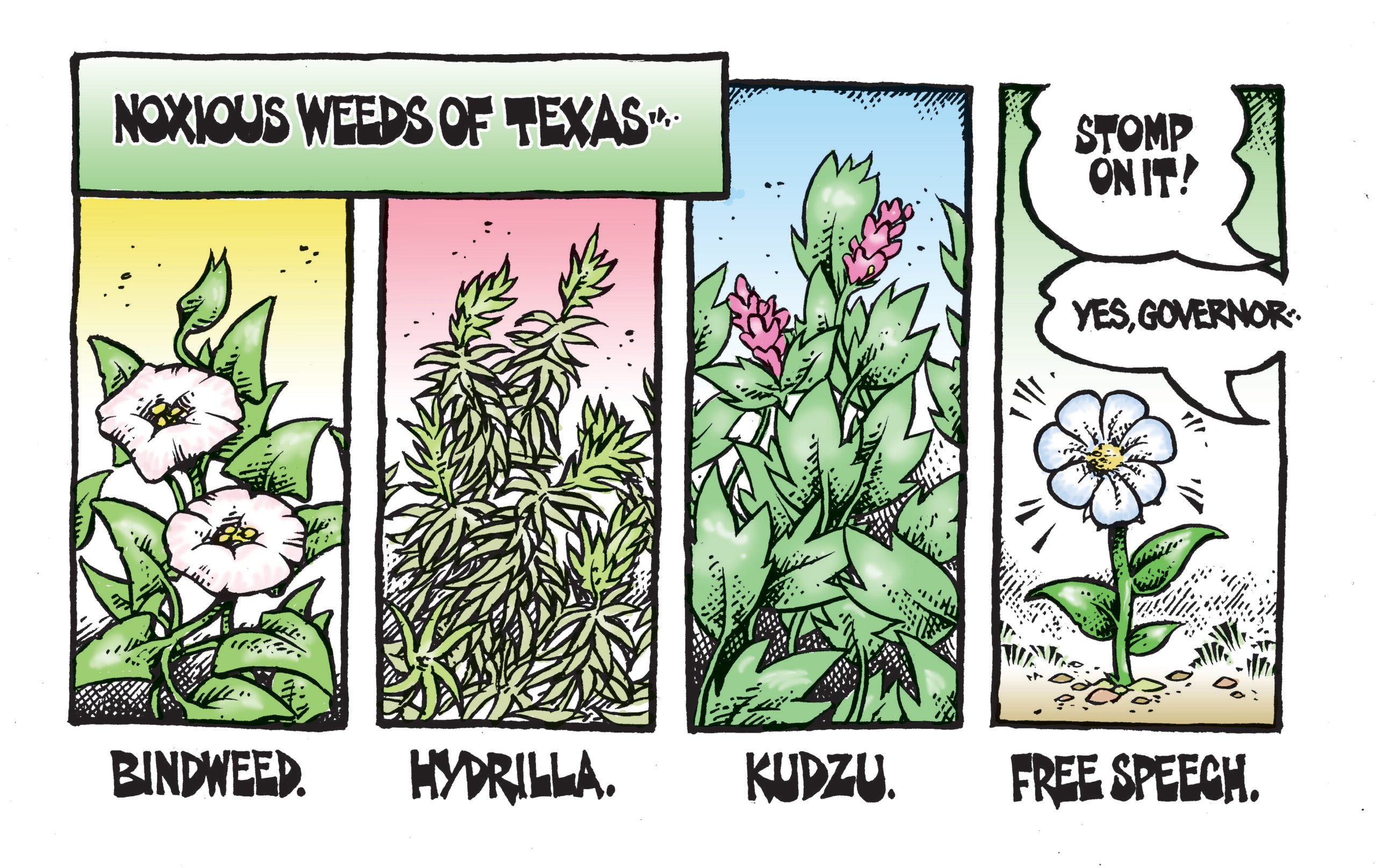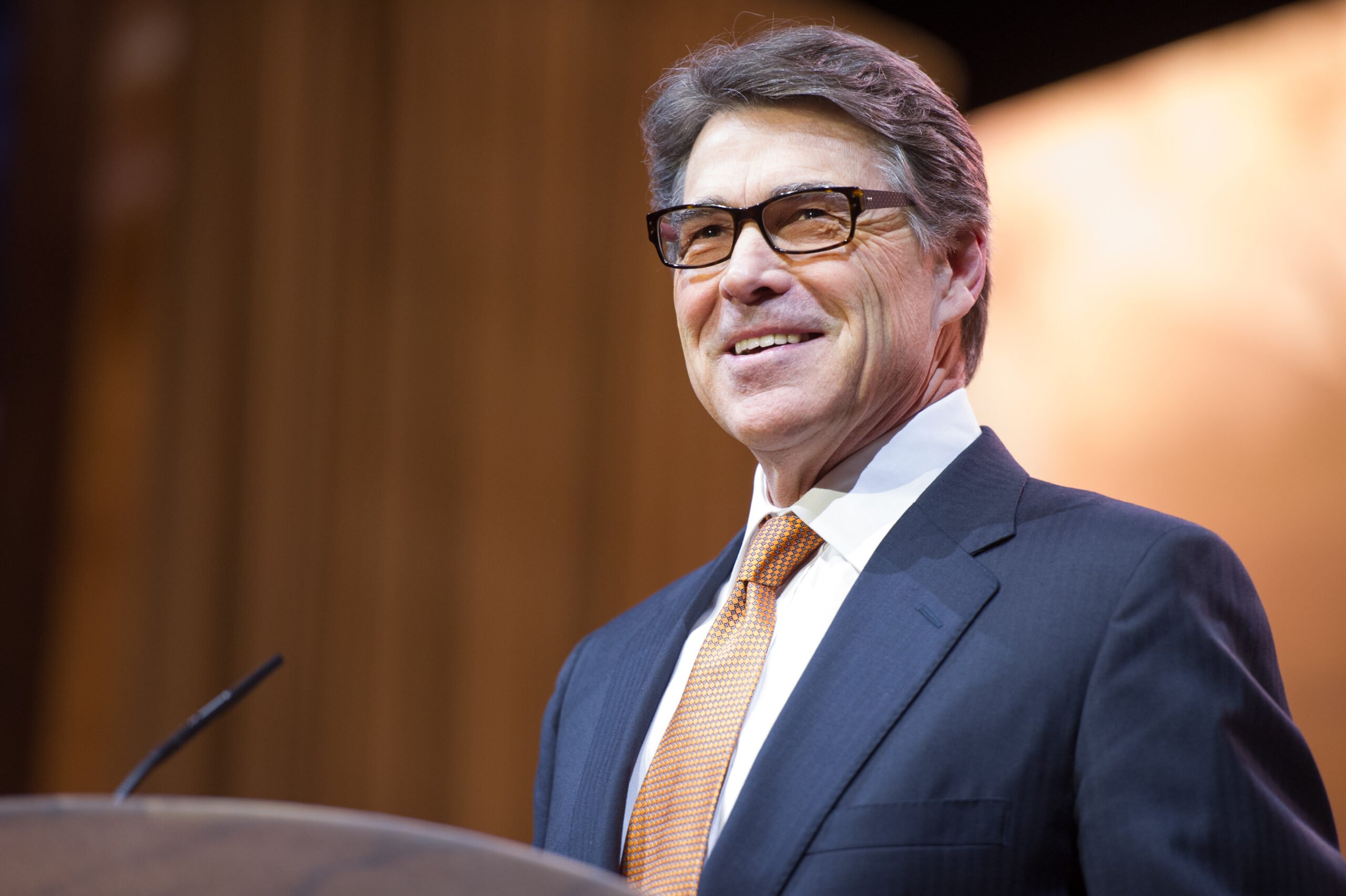ustxtxb_obs_1978_07_07_50_00002-00000_000.pdf
Page 16
The Texas OBSERVER The Texas Observer Publishing Co.. 1978 Ronnie Dugger, Publisher Vol. 70, No. 13 July 7, 1978 Incorporating the State Observer and the East Texas Demo crat, which in turn incorporated the Austin Forum-Advocate. EDITOR MANAGING EDITOR ASSOCIATE EDITORS EDITOR AT LARGE Jim Hightower Lawrence Walsh Linda Rocaw ich Eric Hartman Ronnie Dugger PRODUCTION MANAGERS: Susan Reid, Susan Lee, Beth Epstein ASSISTANT EDITORS: Vicki Vaughan, Teresa Acosta, Bob Sindermann STAFF ASSISTANTS: Margaret Watson, Margot Beutler, Beverly Palmer, Harris Worcester, Larry Zinn, Jamie Murphy, Karrie Key, Christy Hoppe, Lisa Spann, Matthew Lyon, Helen Jardine CONTRIBUTORS: Kaye Northcott, Jo Clifton, Dave McNeely, Don Gardner, Warren Burnett, Paul Sweeney, Marshall Breger, Jack Hopper, Stanley Walker, Joe Frantz, Laura Eisenhour, Dan Hubig, Ben Sargent, Berke Breathed, Eje Wray, Roy Hamric, Thomas D. Bleich, Mark Stinson, Ave Bonar, Jeff Danziger, Lois Rankin, Maury Maverick Jr., Bruce Cory, John Henry Faulk, Chandler Davidson, Molly Ivins, Ralph Yarborough, Laura Richardson, Tim Mahoney, John Spragens Jr., Sheila R. Taylor, Doug Harlan BUSINESS STAFF: Cliff Olofson, Ricky Cruz A journal of free voices We will serve no group or party but will hew hard to the truth as we find it and the right as we see it. We are dedicated to the whole truth, to human values above all interests, to the rights of humankind as the foundation of democracy; we will take orders from none but our own conscience, and never will we overlook or misrepresent the truth to serve the interests of the powerful or cater to the ignoble in the human spirit. The editor has exclusive control over the editorial policies and contents of the Observer. None of the other people who are associated with the enterprise shares this responsibility with him. Writers are responsible for their own work, but not for anything they have not themselves written, and in publishing them the editor does not necessarily imply that he agrees with them because this is a journal of free voices. Published by Texas Observer Publishing Co., biweekly except for a three-week interval between issues twice a year, in January and July; 25 issues per year. Second-class postage paid at Austin. Texas. Publication no. 541300. years, $30. Foreign, except APO/FPO, $1 additional per year. Airmail, bulk orders, and group rates on request. Microfilmed by Microfilming Corporation of America, 21 Harristown Road, Glen Rock, N.J. 07452. MICSOODVf Editorial and Business Offices: 600 West 7th Street, Austin, Texas 78701 Shiner’s copper brew kettle: 40,000 barrels a year Small beer: By Jim Hightower and Susan DeMarco Shiner, Austin Coming over a low, rolling hill in south-central Texas and curving into the valley toward Shiner on state highway 95, a traveler is greeted first by a weathered billboard touting Pearl beer; then, at town’s edge a hundred yards down the road, stands a Lone Star sign in an even worse state of repair. One more bend into town and there between Old Brewery Road and Boggy Creek stands tidy Spoetzl Brewery, gleaming in the sunlight, a white-brick testament to German-Czech sturdiness and pride. To a surprising degree, this contrast between the handsome little brewery and the faded billboards reflects the strength of the three beer companies. Pearl and Lone Star, long the big boys of Texas beer, almost wrecked themselves through massive expansion programs, expensive advertising campaigns, and the pursuit of regional brewery status. Both have been forced to merge with out-of-state companies in desperate efforts to keep their labels on the market. In the conventional wisdom of industry analysts, Pearl and Lone Star have scrambled to get bigger in an effort to survive, and if the two have any failings, the experts would say that they are not yet big enough. Shiner, on the other hand, is an instructive throwback to the days of locally based beers. The sixth smallest brewery in the country, with a productive capacity of a mere 60,000 barrels a year \(compared to Pearl’s 1.7 million barrels and Lone Star’s growth and chosen to go its own way, and wisely. Spoetzl operates in the black and has survived to become the last independent brewery in Texas and one of the last in the United States. “We’re not doing as well as we’d like to be,” says Spoetzl sales manager. L. J. “Speedy” Beal, “but when I look back and see beers like Pearl and Lone Star that were sitting up there number 2 JULY 7, 1978


